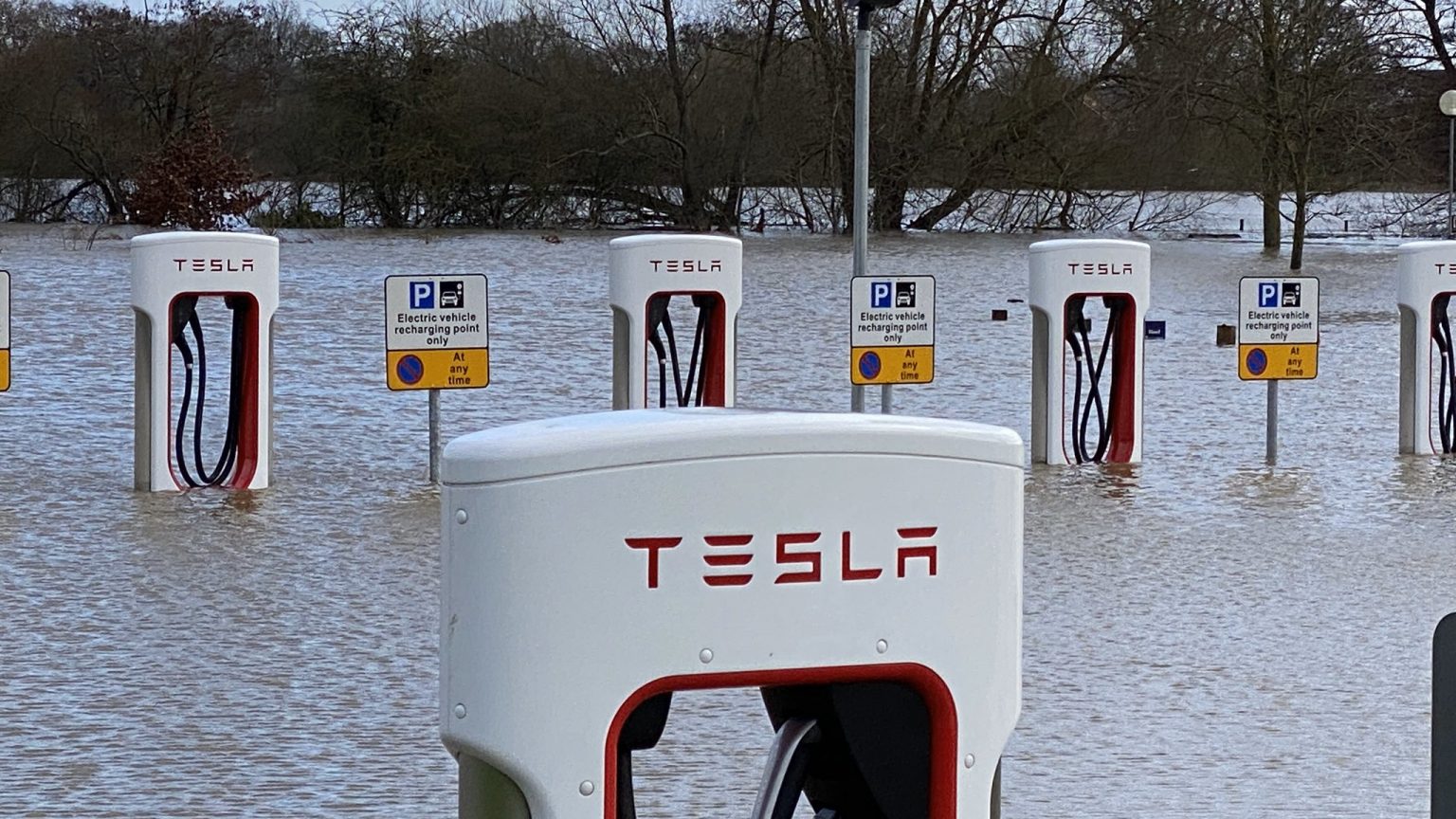
Transportation by rail, bus, and train has traditionally been a stronghold of organized labor in the United States. The credible threat posed by the railroad strike wave of 1944-45 resulted in the Taft-Hartley Act, which dramatically curtailed the legal rights of railroad workers to strike. These workplaces are centralized into depots, garages, and yards where vehicles are mustered, cleaned, repaired, and dispatched. Quashing organizing in these workplaces is thereby more difficult than in more decentralized workplaces (except where enabled by anti-union laws and chummy union bureaucrats). Furthermore, there is no gig economy model for mass transit: it’s practically impossible.
Electric Vehicles Won’t Stop the Climate Catastrophe

EVs are a gift to the industrial capitalists who run Ford, General Motors, and Stellantis: they keep the assembly lines rolling and the revenues flowing. With consumers holding on to their cars longer and longer, a new market segment is necessary to stimulate sales. EVs also make private vehicle ownership palatable to a segment of…
Written by
Lee Palmer
–
–
Originally Published in
